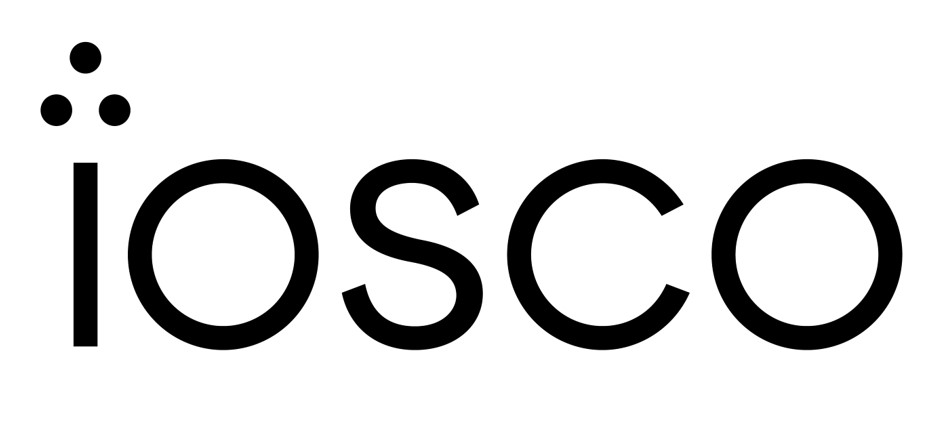
International Finance Corporation
International Finance Corporation leverage its products and services—as well as products and services of other institutions across the World Bank Group—to create markets that address the biggest development challenges of its time. It applies its financial resources, technical expertise, global experience, and innovative thinking to help its clients and partners overcome financial, operational, and other challenges.
IFC is also a leading mobilizer of third-party resources for projects. Its willingness to engage in difficult environments and its leadership in crowding-in private finance enable it to extend its footprint and have a development impact well beyond its direct resources.
Its projects and programs are evaluated by the Independent Evaluation Group. Accountability is ensured by the independent Office of the Compliance Advisor Ombudsman.

Sustainable Stock Exchanges Initiative
Like many United Nations initiatives, the SSE looks to the Sustainable Development Goals (SDGs), as agreed upon by the General Assembly within the 2030 Agenda for Sustainable Development, to help focus its activities. The SDGs cover a broad range of environmental and social targets categorized into 17 goals and 169 targets. Of these, the SSE focuses on four ley SDG targets that are particularly relevant for stock exchanges, as well as contributing to a fifth, SDG 17 Partnerships for the Goals, as a cross-cutting theme. The SSE organizes its work with stock exchanges around these key themes: SDG 5 Gender Equality, SDG 8 Decent work and Economic Growth, SDG 13 Responsible Consumption and sProduction, SDG 13 Climate Action. In doing so, the SSE also contributes to other SDGs, such as SDG 6 Clean Water and Sanitation, SDG 7 Affordable and Clean Energy and SDG 11 Sustainable Cities and Communities, but these fall within the SSE’s work on green finance for SDG 13 Climate Action.

Sustainable Banking Network
social risk management and green lending.
The Sustainable Banking Network (SBN) is a unique community of financial sector regulatory agencies and banking associations from emerging markets committed to advancing sustainable finance in line with international good practice. The Network facilitates the collective learning of members and supports them in policy development and related initiatives to create drivers for sustainable finance
in their home countries.
The idea for the SBN arose during the first International Green Credit Forum, hosted by IFC and the China Banking Regulatory Commission, in Beijing in May 2012, where banking regulators and associations from 10 countries requested that IFC facilitate a global knowledge network on sustainable banking. The Network was formally launched in September 2012.
The Network is entirely voluntary and participating regulators and banking associations have the freedom to get involved in ways that best help them meet their goals. A defining characteristic of the SBN is the practicality and openness with which members are collaborating to share knowledge.

Global Sustainable Finance Network

Sustainable Finance Network
The network was formed at the initiative of Finansinspektionen. The Chair of the network will be Director General Erik Thedéen.
The SFN is created to provide members a forum to exchange experiences, gain a better understanding of, and have structured discussions around, sustainability issues, including such things as the details of issuer disclosures and their relevance to investor decision making and the level of uptake and implementation of industry-lead initiatives. The SFN also allows members to discuss the rationale for securities regulators and supervisors to address these issues, what roles they can play, and the challenges they may face.

Climate Bond Initiative
It promotes investment in projects and assets necessary for a rapid transition to a low carbon and climate resilient economy.
The strategy is to develop a large and liquid Green and Climate Bonds Market that will help drive down the cost of capital for climate projects in developed and emerging markets; to grow aggregation mechanisms for fragmented sectors; and to support governments seeking to tap debt capital markets.
Climate Bonds Initiative is an investor-focused not-for-profit. Its work therefore is an open source public good and falls into three workstreams.

International Network of Financial Centres for Sustainability (FC4S)

Central Banks and Supervisors Network for greening the financial system (NGFS)

International Platform on Sustainable Finance
It focuses on environmentally sustainable initiatives in particular in the areas of taxonomies, disclosures, standards and labels, which are fundamental for investors to identify and seize green investment opportunities worldwide.

